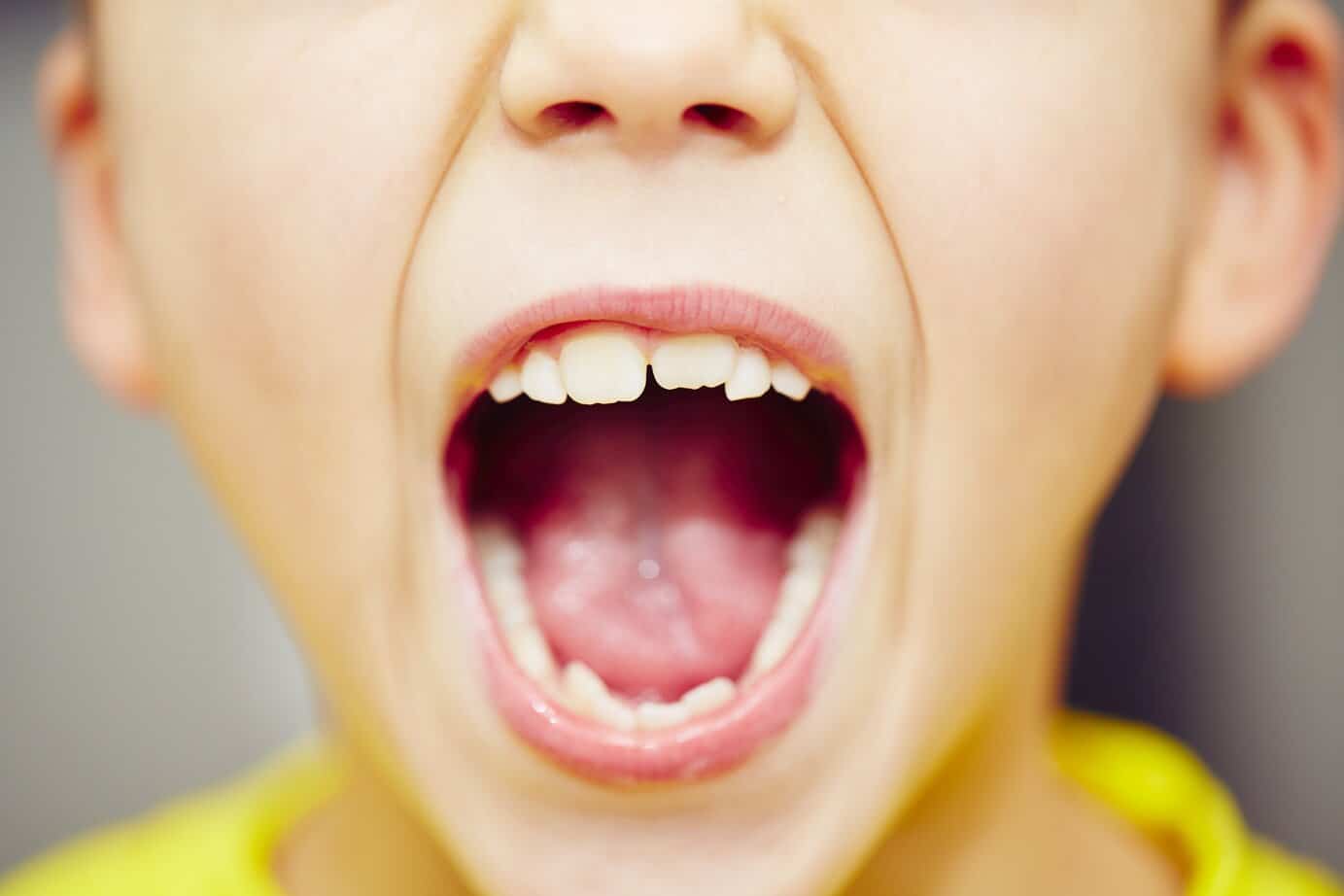Teeth Grinding
We're Open 7 Days A Week
What is Bruxism?
Bruxism involves one of or a combination of jaw clenching and teeth grinding.
It can happen to both adults and children, although it is most common in adults between 25-44 years old. Bruxism is entirely unrelated to standard functions such as eating and talking.
Most people will clench their teeth at some point during their lifetime.
If you are a jaw clencher, you are more likely to do so during the day, usually as a reaction to stress.
If you instead are a teeth grinder, it is usually a habit carried out during the night, and you might well get to know about it first from a sleep-deprived spouse or partner complaining of the grinding noises during the night.
But please note that it can also be silent, leaving you completely unaware of this bad habit.
What is Bruxism?
Bruxism involves one of or a combination of jaw clenching and teeth grinding.
It can happen to both adults and children, although it is most common in adults between 25-44 years old. Bruxism is entirely unrelated to standard functions such as eating and talking.
Most people will clench their teeth at some point during their lifetime.
If you are a jaw clencher, you are more likely to do so during the day, usually as a reaction to stress.
If you instead are a teeth grinder, it is usually a habit carried out during the night, and you might well get to know about it first from a sleep-deprived spouse or partner complaining of the grinding noises during the night.
But please note that it can also be silent, leaving you completely unaware of this bad habit.
WHY IS IMPORTANT TO PREVENT TEETH GRINDING?
Teeth grinding can create numerous problems such as local muscular pain, headaches, loss of tooth structure, gum recession, loose teeth, shortening of teeth, tooth sensitivity, cracked and broken teeth, damage to the bone structure of the jaw joint with the temporomandibular joint syndrome (TMJ syndrome), and even facial pain.

Do Children Grind Their Teeth?

The problem is not limited to adults. Approximately 15% to 33% of children show the habit. Children who have the habit tend to do so at two peak times — when their baby teeth emerge and when their permanent teeth come in. Most children lose their habit after these two sets of teeth have come in more fully.
Most commonly, children express their habit during sleep rather than during waking hours. No one knows precisely why children do it, but considerations include improperly aligned teeth or irregular contact between upper and lower teeth, illnesses and other medical conditions (such as nutritional deficiencies and psychological factors including stress.
Grinding of the baby teeth rarely results in problems. However, it can cause pain, headaches, wear on the teeth, and TMD. Consult your dentist if your child’s teeth look worn or if your child complains of tooth sensitivity or pain.